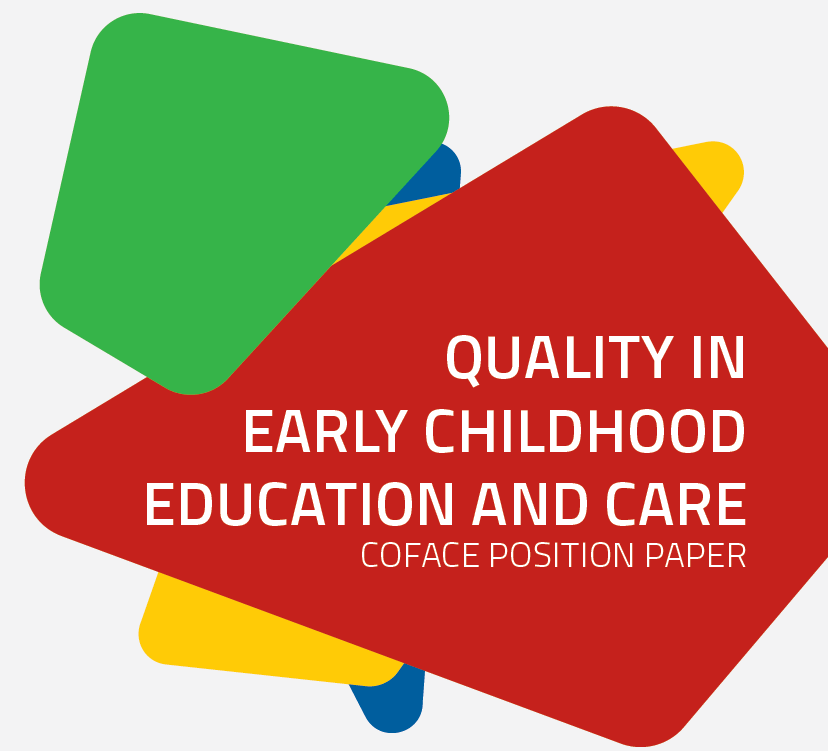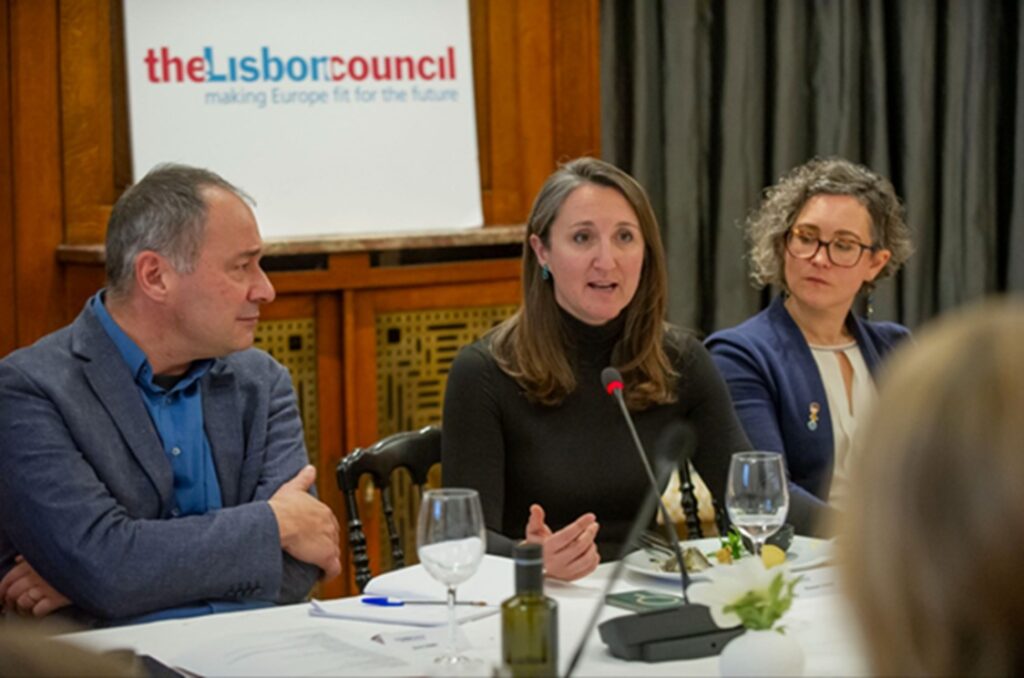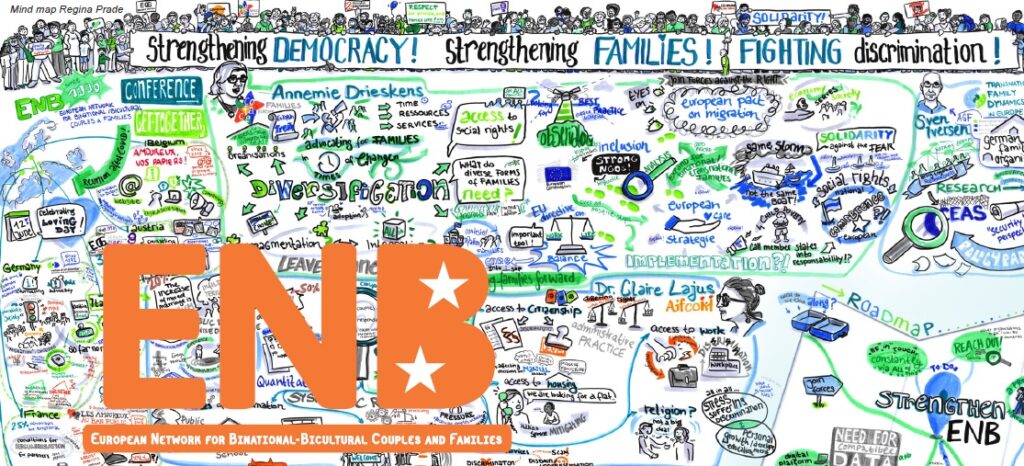Background
Early childhood education and care (ECEC) has emerged as a critical priority within European and national states policy frameworks, underscoring its pivotal role both in shaping children’s developmental trajectories and contributing to broader societal advancement and the reconciliation of family and professional life. The 2017 European Pillar of Social Rights affirmed the right of all children to quality and affordable ECEC, aligning with the Charter of Fundamental Rights of the European Union, the UN Convention on the Rights of the Child, and UN Sustainable Development Goal 4.2, which aims for universal access to high-quality early development, care, and education by 2030.
In the European context, significant advancements have been observed within the past twenty years, notably focused on the objective of expanding ECEC coverage rates. Such progress has been largely attributed to the efforts of Member States towards attaining the Education and Training 2020 benchmarks and the 2002 Barcelona targets, which were recently updated within the framework of the 2022 European Care Strategy.
This COFACE position paper adopted end 2024 analyses how the quality of interaction between ECEC services and families can enhance educational outcomes and the overall experience for both children and parents. Through a thorough exploration of these critical intersections, the paper makes recommendations in six key areas, aiming to underscore the vital role that family engagement plays in achieving and sustaining high-quality early childhood education and care.
Recommendations
- To ensure that all families have access to quality early childhood education and care, national systems across the EU should adopt a progressive universalism approach that:
- ensures services are progressively subsidised based on families’ financial ability to pay;
- prioritises public funding models, allowing for free or income-adjusted fees that ensure equitable access for all families;
- addresses cultural and bureaucratic barriers by simplifying enrollment processes and providing multilingual support to migrant families.
- To provide a consistent and supportive environment for children and families throughout the early years, ECEC national systems should:
- develop strategies that facilitate smooth educational transitions from home care to formal care, and from ECEC settings to primary school;
- promote pedagogical and professional continuity across stages, standardising ECEC curricula and encouraging communication and coordination between ECEC and primary settings;
- actively engage parents and families in transition processes, recognising school/family ‘alliances’ as a crucial factor for successful transitions.
- To facilitate the consolidation of local networks of family support, national policy frameworks should focus on:
- leveraging ECEC settings as central nodes within local, multi-sectoral service networks to provide comprehensive family support;
- promoting integrated strategies for family support at the local level, with ECEC at the centre, in close cooperation with other services, including healthcare, parental guidance, social, and recreational services;
- incentivising and managing the transformation of ECEC facilities to enhance their role in local networks, enabling them to offer additional services such as guidance, mentoring, and information sharing for families.
- To promote parental involvement in early childhood education, which has been shown to strongly predict positive outcomes for children, ECEC systems should:
- prioritise the inclusion of parental engagement in national ECEC quality guidelines, mandating services to foster continuous, inclusive family involvement throughout early childhood stages;
- encourage the local implementation of inclusive parental engagement programs, such as culturally sensitive outreach initiatives adaptable to diverse family contexts;
- support the development of local parental guidance initiatives targeting low-income households and families in vulnerable conditions, addressing economic, linguistic, and time constraints to ensure engagement outcomes across the socio-economic spectrum.
- To foster a culture of child participation, both at ECEC centres and at home, local ECEC authorities should:
- encourage ECEC leaders to include child participation in decision-making, supporting children in rule-setting and activity choices to boost autonomy and self-confidence;
- improve partnerships between ECEC centres and families designed to help parents foster participatory practices at home, enhancing children’s confidence and learning continuity.
- To improve the competence and stability of the workforce employed in ECEC settings, national and local authorities must:
- address endemic staff shortages in the sector and invest heavily in workforce development, expanding continuous professional development programmes.
- promote the establishment of clear leadership structures and implement organised leadership training programmes in ECEC settings;
- prioritise professional development programmes aimed at enhancing the ECEC workforce’s ability and confidence to reach out to, engage with, and cooperate with families;
- establish national mandatory thresholds for child-to-staff ratios in ECEC settings to ensure educators can provide personalised attention and support.





